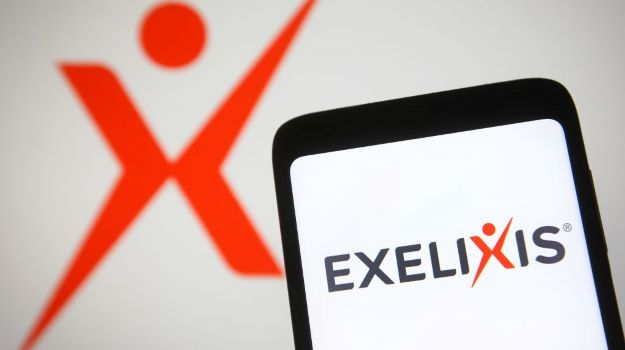The US Food and Drug Administration (FDA) has approved Cabozantinib for the treatment of differentiated thyroid cancer (DTC) that has progressed following prior VEGFR-targeted therapy and is ineligible or refractory to radioactive iodine. Cabozantinib is an oral medication that works by blocking multiple pathways involved in tumor growth and progression.

DTC is a type of thyroid cancer that originates from follicular or papillary thyroid cells. DTC accounts for approximately 90% of all thyroid cancers, and it is estimated that there are more than 62,000 new cases of thyroid cancer in the United States each year. While most DTC patients can be treated with surgery and radioactive iodine, up to 20% of patients will experience a recurrence or progression of the disease.
Cabozantinib is a kinase inhibitor that targets multiple tyrosine kinases involved in tumor growth and angiogenesis. In clinical trials, cabozantinib demonstrated significant improvements in progression-free survival (PFS) compared to placebo. The FDA approval is based on the results of the Phase III COSMIC-311 study, which evaluated the efficacy and safety of cabozantinib compared to placebo in patients with advanced DTC who had received prior VEGFR-targeted therapy.
The study enrolled a total of 384 patients who had progressive disease despite prior treatment with a VEGFR-targeted therapy. Patients were randomized to receive either cabozantinib or placebo until disease progression or unacceptable toxicity. The primary endpoint of the study was progression-free survival (PFS) as assessed by an independent radiology review committee.
Treatment with cabozantinib resulted in a statistically significant improvement in progression-free survival compared to placebo. The median PFS was 5.6 months among patients treated with cabozantinib compared to 1.9 months among patients receiving placebo. Overall response rates were also higher among patients treated with cabozantinib, with an overall response rate of 15% compared to 2% among patients receiving placebo.
The most common adverse events associated with cabozantinib were diarrhea, fatigue, decreased appetite, palmar-plantar erythrodysesthesia, and nausea. Serious adverse events, including hypertension and gastrointestinal perforation, were reported in a small percentage of patients.
The FDA approval of cabozantinib provides a new treatment option for patients with advanced DTC who have progressed following prior VEGFR-targeted therapy and who are ineligible or refractory to radioactive iodine. Cabozantinib represents a significant advance in the treatment of DTC, and it is expected to have a positive impact on the lives of patients with this disease.
In conclusion, the FDA approval of cabozantinib for the treatment of advanced DTC represents a significant advance in the treatment of this difficult-to-treat cancer. Cabozantinib is a promising new treatment option for patients with advanced DTC who have progressed following prior VEGFR-targeted therapy, and it is expected to improve outcomes and enhance the quality of life for these patients. The approval of cabozantinib underscores the importance of ongoing research and development efforts in oncology, and it serves as a reminder that there is hope for patients with even the most challenging forms of cancer.